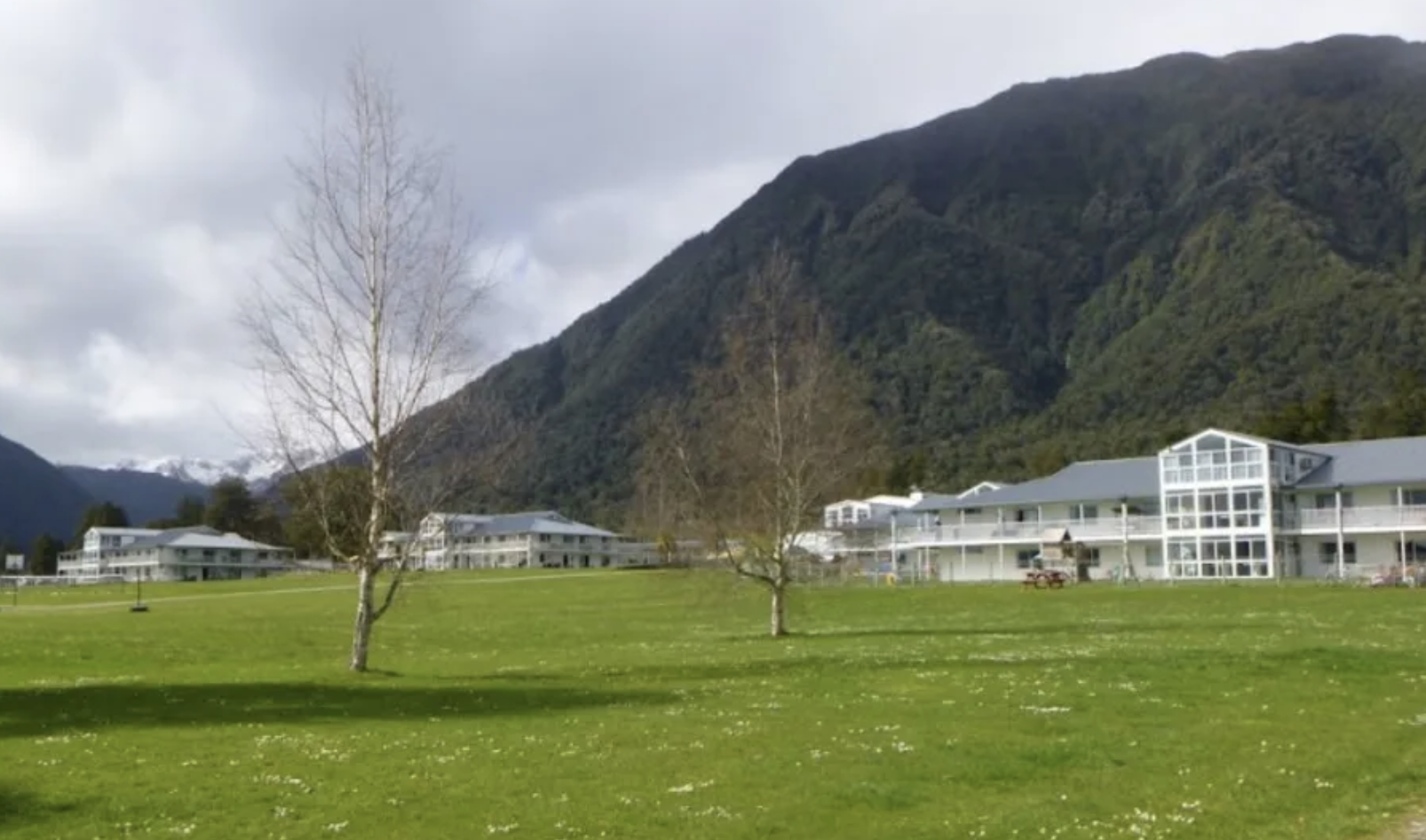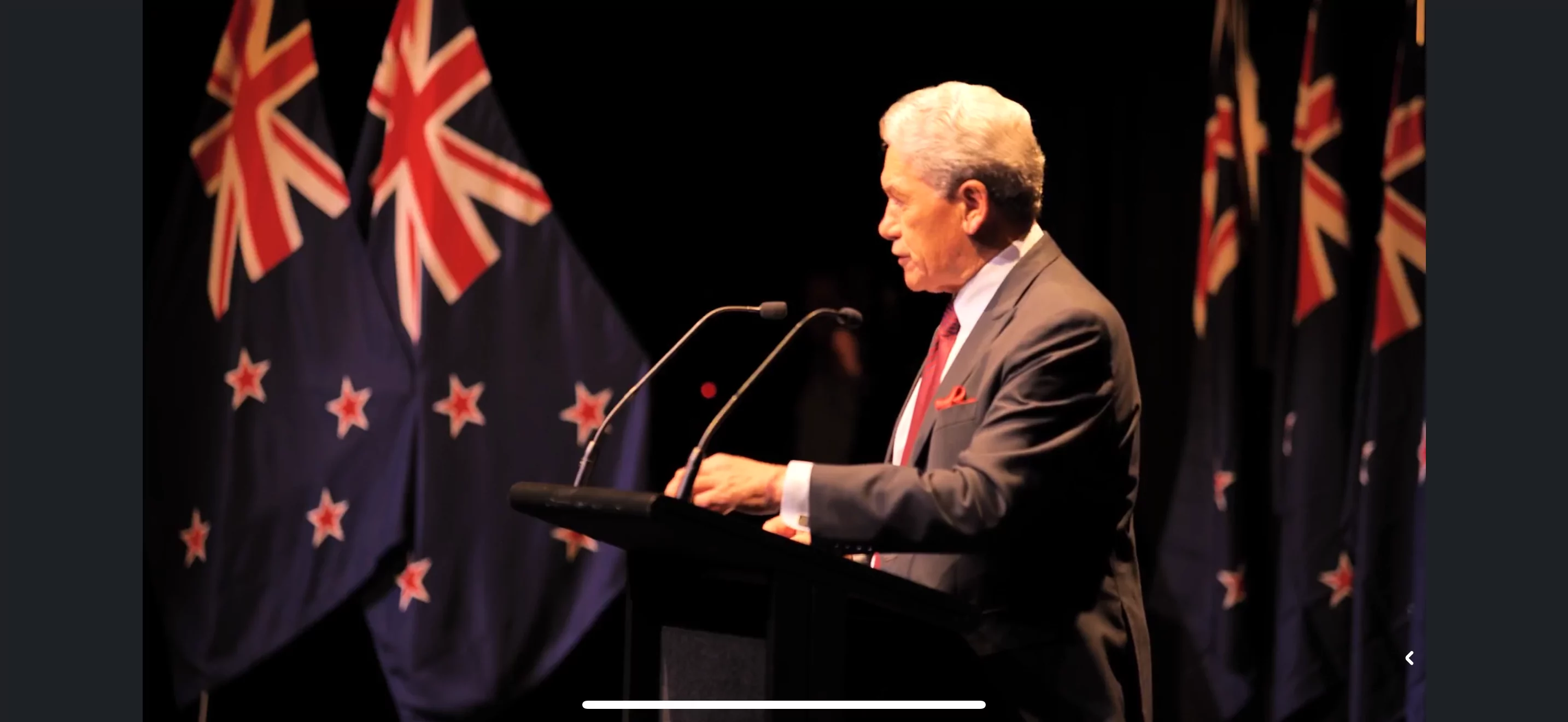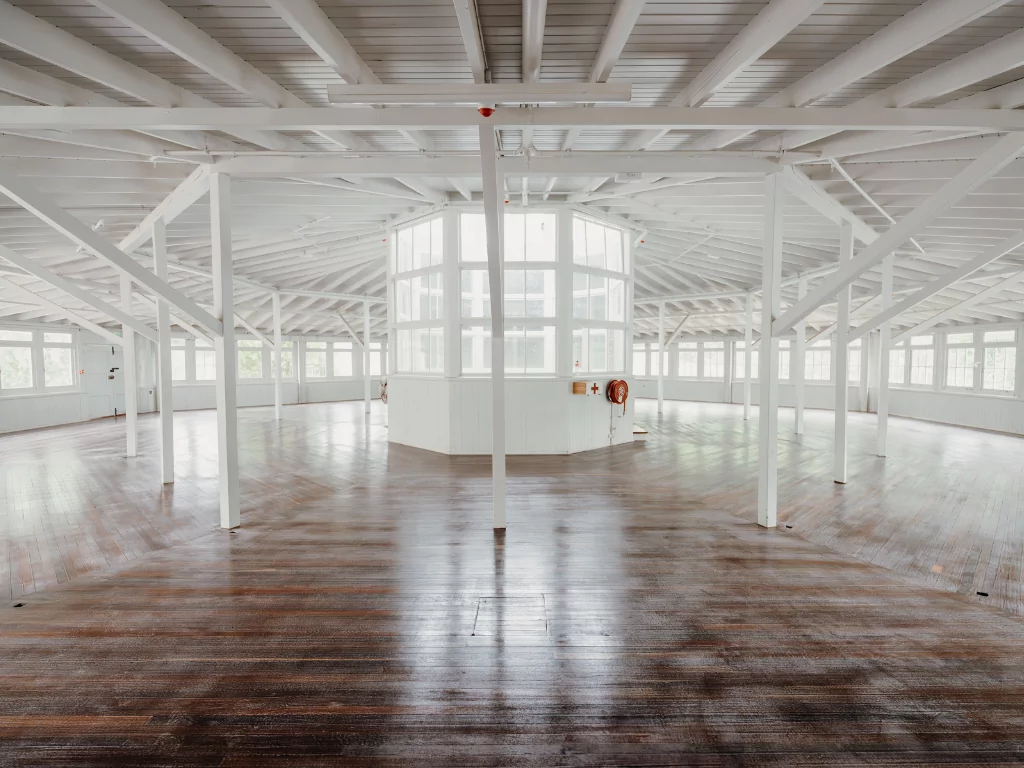Gloriavale / Google Maps
A review conducted by the Education Review Office has raised serious concerns about the quality of education for school-aged children within the secluded Gloriavale community.
The report unveiled challenges faced by the Gloriavale Christian School, affecting its capability to offer consistent and high-standard education.
The ERO had previously reviewed the educational provisions within Gloriavale in 2020.
This latest study was sparked by recent court cases highlighting abuse within the community and questions regarding the suitability of some school staff, among other reasons.
Gloriavale Christian School, a Year 1-13 private institution, has faced staffing issues and has discontinued secondary schooling beyond Year 10.
Alternative educational arrangements included study through Te Aho o Te Kura Pounamu (Te Kura) and home-schooling for students approved by the Ministry of Education.
The Special Review focused on the quality of education for school-aged children, given there was no provision for early childhood learning at the time.
During the review, community leaders declined to provide a comprehensive overview of education provisions, asserting parental autonomy in deciding educational paths. The review found:
-
There were 139 students enrolled at the Gloriavale Christian School. However, roughly 20% were not attending school premises.
-
An additional 42 students were homeschooled. Enrollment numbers for Te Kura were undisclosed.
The review’s findings revealed that the provision of education within the community was inconsistent.
While options have expanded, oversight and understanding of each student’s progress was limited. Without long-term planning, the community’s approach to education was precarious.
Most alarmingly, the report found that the Gloriavale Christian School did not satisfy several registration criteria for private schools.
The ERO expressed concerns about ensuring every child’s right to consistent, high-quality education as mandated by the Education and Training Act 2020.
The school, owned by the Gloriavale Trust Board, has faced staffing issues and has seen three principals within 18 months.
Positive changes, such as the establishment of a School Board and the adoption of a new management system, offered hope.
However, the school’s standard of tuition fell short of comparable state schools.
The report also touched upon the Awhina Class, comprising students taught at home by their mothers.
The school has not provided a clear rationale for the Awhina class’s creation, nor sufficient information about the educational and wellbeing progress of these students.
The ERO emphasised the need for long-term planning to meet the educational needs of Gloriavale’s children and young people.









